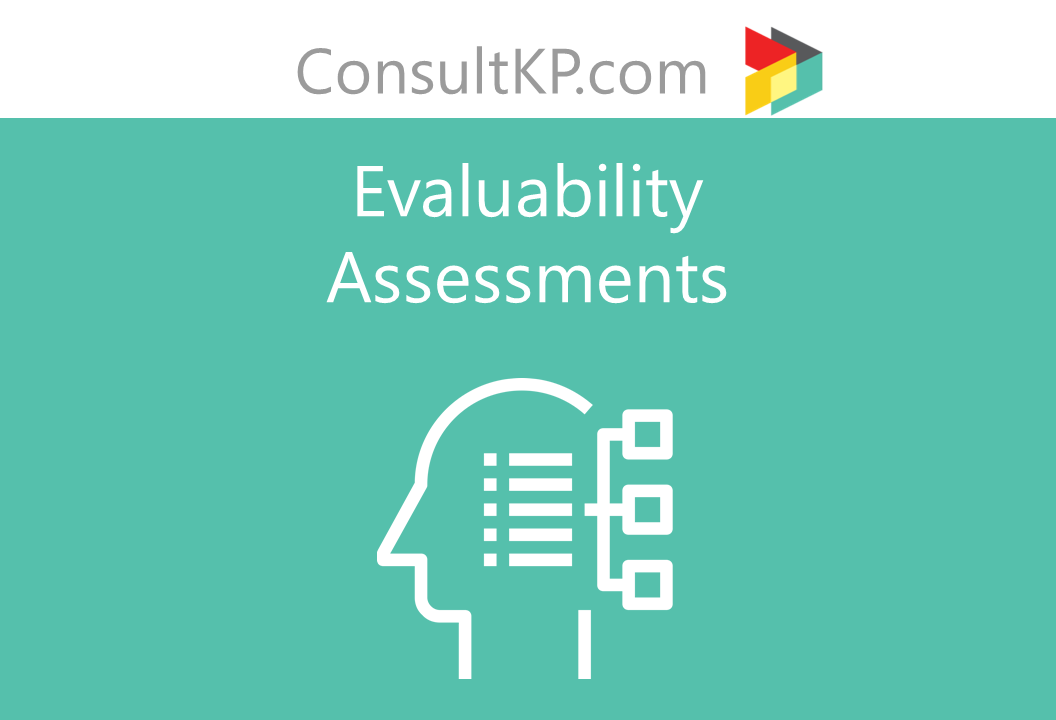If you had asked me what an evaluability assessment was about a year ago, I don’t think I could have told you. Now I find that it’s a term and a process that I use all the time thanks to another NC-based evaluator and fellow member of RTP Evaluators, Tamara Walser. Tamara gave a presentation about her new book on evaluability assessment at our RTPE meeting last fall. I have found both the book and the terminology and framing included in it invaluable ever since. I have used it to guide clients through the logic model process and included the process to frame evaluation plans in NSF proposals. Most recently, I used the chapters on program theory to help lead an all-day meeting with a client team to help document why their program is currently structured the way that it is. We talked about the program components that are based on their practitioner logic and noted possible research logic that might begin to fill existing gaps in their program theory. The idea of leaning more heavily on research logic is appealing because it has the potential to take some of the guess work out of the implementation choices they will make in the months ahead. Perhaps most importantly, identifying research logic that felt authentic to the team will allow them to begin to put constraints around how they define and think about their programming. We have agreed to spend the next year working together to think critically about the logic that seems to be working for us, and areas that might need to pivot a bit. I look forward to diving even deeper into Tamara’s book as the process unfolds. In the meantime, if you want to learn more about evaluability assessment yourself, check out Tamara’s book here.

Meet the Catalyst Team
We're glad you're here! We are evaluators, researchers, and strategists who study and support STEM education programs. We specialize in the in-between spaces where we can use data to get context, tell important stories, and help our clients take strategic action in their programs.

